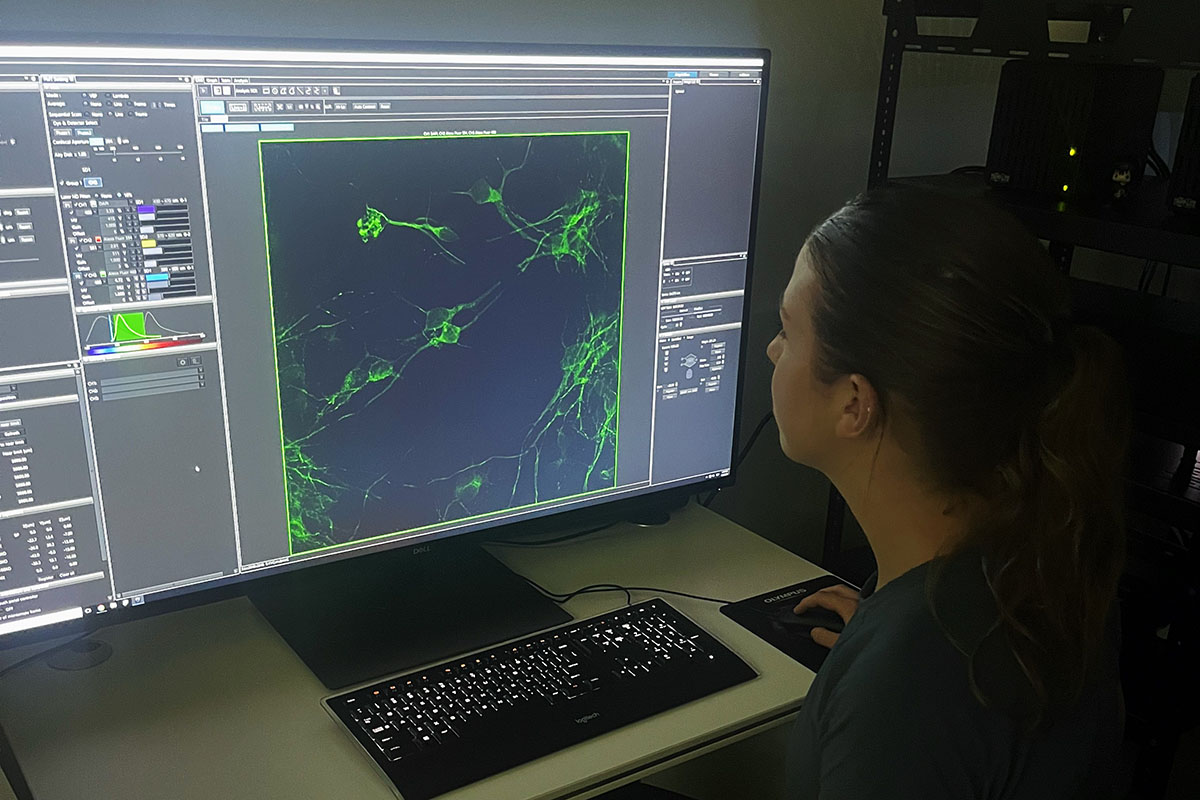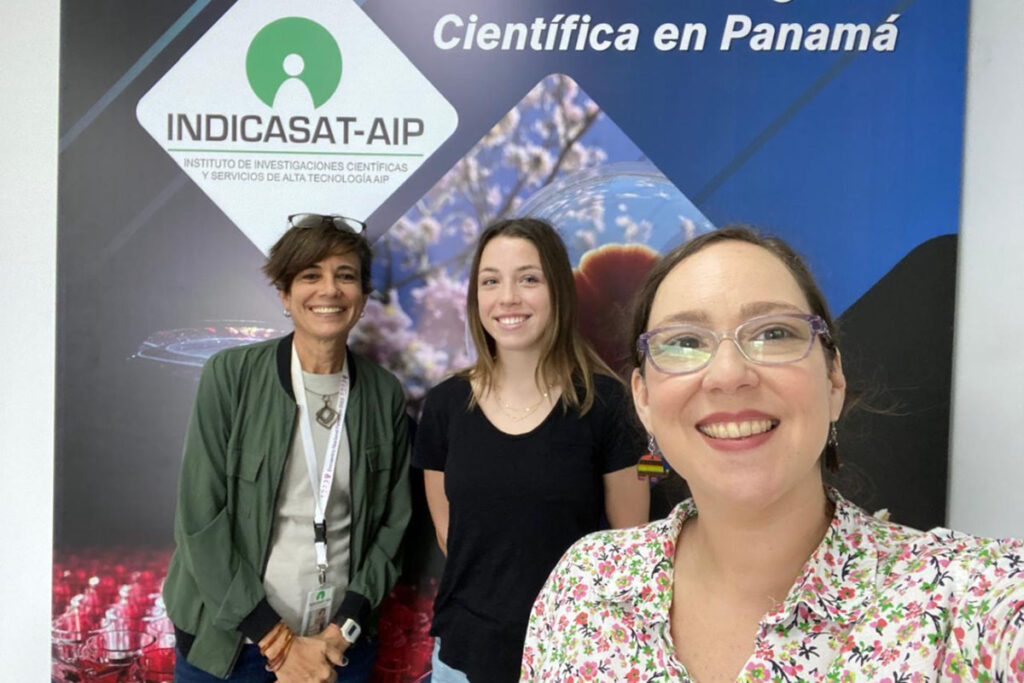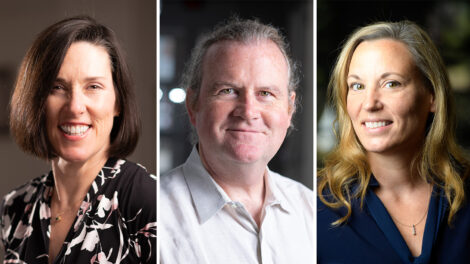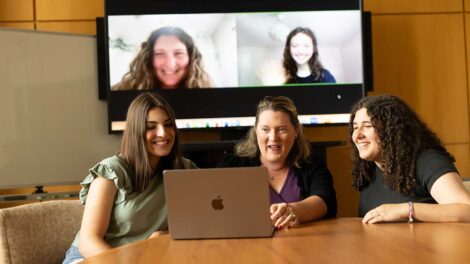Hear directly from some of the scholars, mentors, and alumni who have been impacted by LEARN over two decades.
Amanda Friedman ’25, 2024 Scholar
2024 LEARN Scholar with Kevin LaBar ’90, Ph.D., at Duke University
“I think that [LEARN] has really helped me hone in on where exactly I would like to see my career going in the next few years outside of Lafayette, which before the LEARN experience was pretty muddy for me. Not only have I acquired incredibly important skills in data analysis and visualization, but I also got the experience to talk to multiple people in the research community, which have all helped me narrow down my post-grad plans. I would absolutely consider being a LEARN mentor in the future considering how valuable it has been for me to have had Dr. LaBar share his knowledge and expertise in the field with me.”
Kevin LaBar ’90, Ph.D., Mentor
LEARN Mentor, 2003-present at Center of Cognitive Neuroscience, Duke University
I have mentored 11 LEARN scholars in my lab at Duke over the past 21 years. As a Lafayette alum, this program fosters important connections back to my alma mater and allows me to pay forward the training I received from Wendy Hill and many other faculty. I strongly feel that the program is mutually beneficial to both the host labs and the LEARN scholars. In 2023, I hosted LEARN scholar Eva Mai Vogt, who worked with my MD-PhD student, Nimesha Gerlus. Within weeks, Eva became the lab’s methodological expert in extracting the volume of the insula from human MRI scans. Her efforts were incorporated into an NIH graduate fellowship application that Nimesha was subsequently awarded.
My 2024 LEARN scholar Amanda Friedman is collecting behavioral and psychophysiological data on a project investigating the impact of mood on memory. Her findings will be part of my graduate student Jane Rothrock’s PhD thesis. In this way, the LEARN scholar program not only offers unique training opportunities for current Lafayette undergrads in scientific methods that may not be available locally, but it also provides a means for the faculty, graduate students, and postdocs in the host labs to sharpen their mentorship skills and to collect data that are directly useful for their own research endeavors.
Mallory Downs ’25, 2024 Scholar
2024 LEARN Scholar with Alexandria Battison ’16, Ph.D., at Cold Spring Harbor Laboratory
“When I heard about the LEARN program, I thought it would be a great opportunity to use the information I have been learning about through my Lafayette education. The LEARN program has helped me move toward my goals, as it allowed me to explore a career in research as well as develop more research skills to help me down the road.”
Lauren Stewart ’25, 2024 Scholar
2024 LEARN Scholar with Gabrielle Britton, Ph.D., at INDICASAT-AIP
“It has been very rewarding to see the global nature of the Lafayette community. It has shown me that my Lafayette education can open many doors and allow me to pursue my chosen career path. As a pre-med, research experience is highly coveted in preparation for becoming a successful physician. Research requires critical thinking, attention to detail, and problem-solving skills that are essential elements in medicine. My participation in this program has allowed me to sharpen those skills, which will be of great benefit as I continue my journey. ”
James Simmons ’65, Ph.D., Mentor
LEARN Mentor, 2002-2023 with Department of Neuroscience, Brown University
“The LEARN program is wonderful! Each year we have had one or two Lafayette neuroscience students come to our lab to learn about working with bats that use biosonar to orient themselves and guide flight. Several have come back for graduate research and gone on to careers in neuroscience, including studying echolocation and hearing in marine mammals. We are happy to have helped.”
Jafar Bhatti ’19, Scholar & Mentor
LEARN Scholar, 2017, LEARN Mentor, 2023
Ph.D. candidate, University of Pennsylvania
“The LEARN program was a critical part of my journey in science. It was my first true experience using animal models to conduct neuroscience research. My mentor supported me by teaching me methods and techniques in research that I had never been exposed to before. LEARN was a big reason for my decision to pursue a neuroscience Ph.D. at Penn. Two years into my Ph.D., when Lafayette reached out to me to ask if I would be a LEARN mentor, I was overly excited to help other students in the same way that LEARN helped me.”



